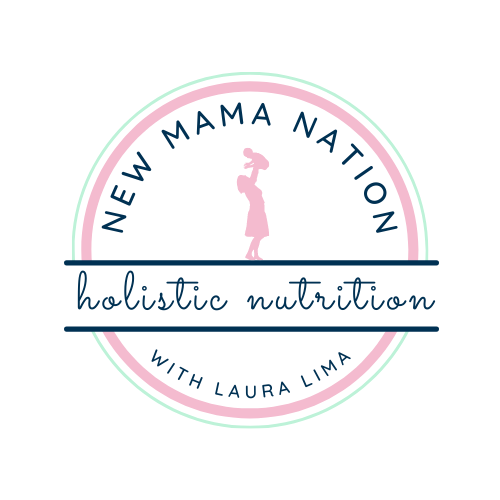Last week, I had the pleasure of visiting Fenwood Farm and chatting with Carol Fennema, who owns the farm with her husband, John. Carol and I discussed the differences between conventional meat (the typical stuff you’ll find at the grocery store) and better-for-you meat (free range, antibiotic free, hormone free, and grass fed).
Click below to watch the video:
At the beginning of our conversation, Carol touched on a very important point, one that I didn’t realize until we left that we did not catch on camera. It’s the reason behind one of the main things to look for when choosing which meat to buy.
Carol spoke about the harmful effects of eating meat from an animal that has been treated with antibiotics. What an animal ingests, we usually end up ingesting as well. If we’re eating meat that might contain antibiotics, our bodies will absorb that.
Ever heard of antibiotic-resistant bacteria? These are bacteria that can be present in our bodies, and our world, that can survive in the presence of one or more antibiotics. They are literally resistant to that which is supposed to get rid of them.
What’s happening here is that the bacteria has mutated or changed in some way to become more resistant. This is a scary thought, because if and when we do need to take them, we need them to work, right? The more antibiotics present in our world, in animals and in us, the more potential there is for antibiotic-resistant bacteria to grow. And mutate. And grow and mutate some more.
When we get a bacterial infection, most doctors will prescribe an antibiotic. (Although this is sometimes quite necessary, I also suggest adding a probiotic to the picture as well as certain immune-boosting remedies.) If that bacteria is resistant to the antibiotic, then the infection remains. We might then be given a stronger antibiotic, which may or may not be effective, and so on.
The World Health Organization released a report on April 30, 2014 that states, “this serious threat is no longer a prediction for the future, it is happening right now in every region of the world and has the potential to affect anyone, of any age, in any country. Antibiotic resistance-when bacteria change so antibiotics no longer work in people who need them to treat infections-is now a major threat to public health.”
Scary stuff.
What can you do?
1. Reduce exposure to antibiotics by consuming only antibiotic free meat.
2. Keep your immune system strong by avoiding sugar, white flour, and artificial ingredients. Eat lots of vegetables, some fruits, healthier meat, wild fish, eggs, nuts, and seeds.
3. When you do feel yourself coming down with something, strengthen your immune defences with things like St. Francis Deep Immune and Martin & Pleasance Ki. Taking a probiotic is also very important.
4. If you do need to take an antibiotic, also take a probiotic (at least 2 hours apart), so you can replenish your good, healthy bacteria that help to keep the bad ones in check.
You are now geared with the knowledge to make better meat choices the next time you’re at the grocery store, health food store, or even farm. Use that knowledge to choose the healthiest option you can to get the best nourishment from your food possible.

